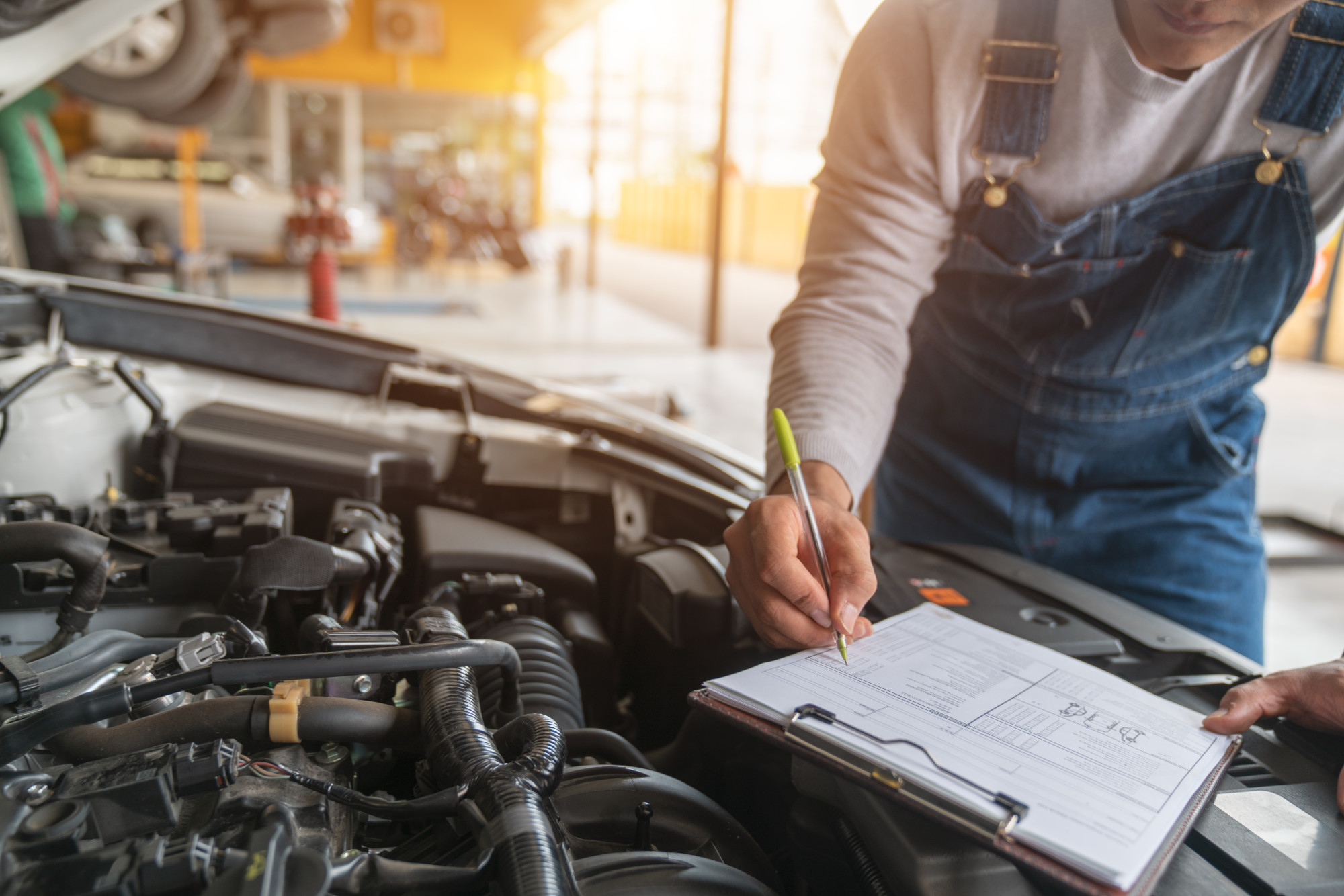Almost everyone drives a car, but few really know how to treat their vehicle properly. It’s important that car owners understand how to maintain their vehicles in order to make them last as long as possible.
You’ll also save boatloads of money over time if you keep up on a car maintenance schedule. The nice thing is, you don’t really have to know that much about cars to maintain one.
We’re going to give you the bare bones of car maintenance today, hopefully helping you out in the long run.
Easy Car Maintenance Schedule
The first thing you should do, even though it’s boring, is to go through your owner’s manual.
It’s great to have the manual in the event of an emergency, but a manual also contains important information about your maintenance routine. Each vehicle is different, meaning there’s no one way to maintain your car.
That said, the guidelines below can apply generally to most vehicles on the road.
Oil and Filter
Changing your oil is the number one item on our list. You should follow the changing dates and mileage points that your mechanic gives you. These are typically somewhere around every 3,000 to 4,000 miles.
Most mechanics will change your filter when you need to as well. The most important point here is to take the vehicle in, get your oil changed, and ask about the filter.
Monitor Tire Health
Your tires should last you a pretty long time. Tires will wear differently depending on the vehicle, your style of driving, and the terrain that you’re driving on.
One way to keep them from dying too early, though, is to get them rotated often. As we drive, the weight of our vehicles and our driving habits wear our tires unevenly. Rotating the tires allows the wear to get distributed evenly across all four tires, preventing individual ones from burning out.
Check Your Fluids Often
A good move is to check your fluids whenever you stop to get gas. Checking the fluids that often will give you a regular chance to see if anything’s going wrong.
Fluids are extremely easy to forget about, yet very important. Imbalances in fluids can lead to extremely costly repairs down the line. Check your manual for how to monitor fluids and make sure they’re good every time you fill up your tank.
Get Damages Fixed as Soon as Possible
When money’s short, it’s easy to justify putting off repairs. Keep in mind, though, that issues will get more costly as you wait to take care of them.
Find an auto repair shop that works for you, establish a relationship, and take your car in whenever you notice that something is off.
Need More Vehicle Tips?
Your car maintenance schedule should keep your car running smoothly for a long time. Consider making a list and updating as you do regular maintenance.
There’s a lot more involved with owning and operating a vehicle, though. If you’re looking to learn more, explore our site for the information you need.

